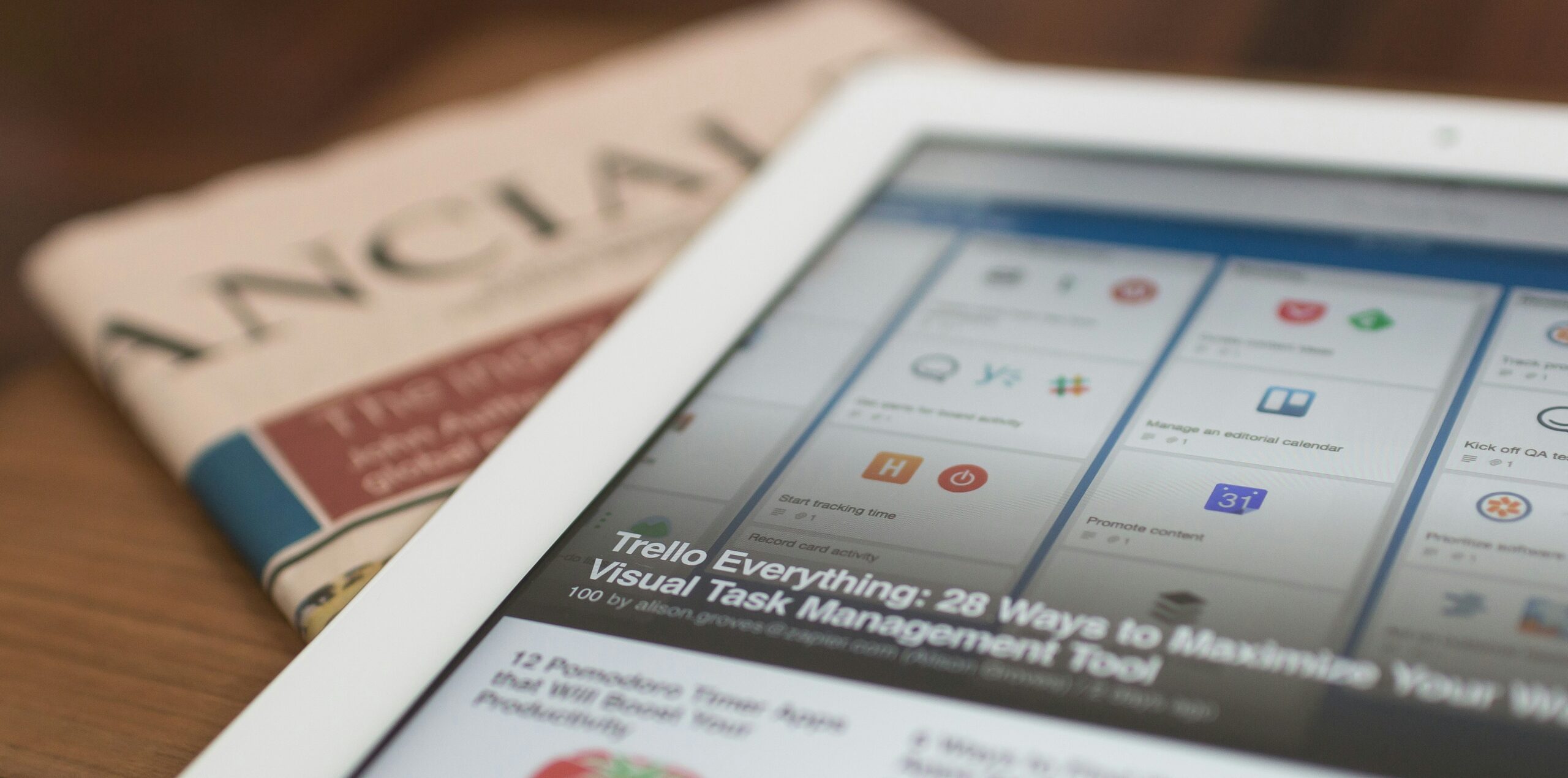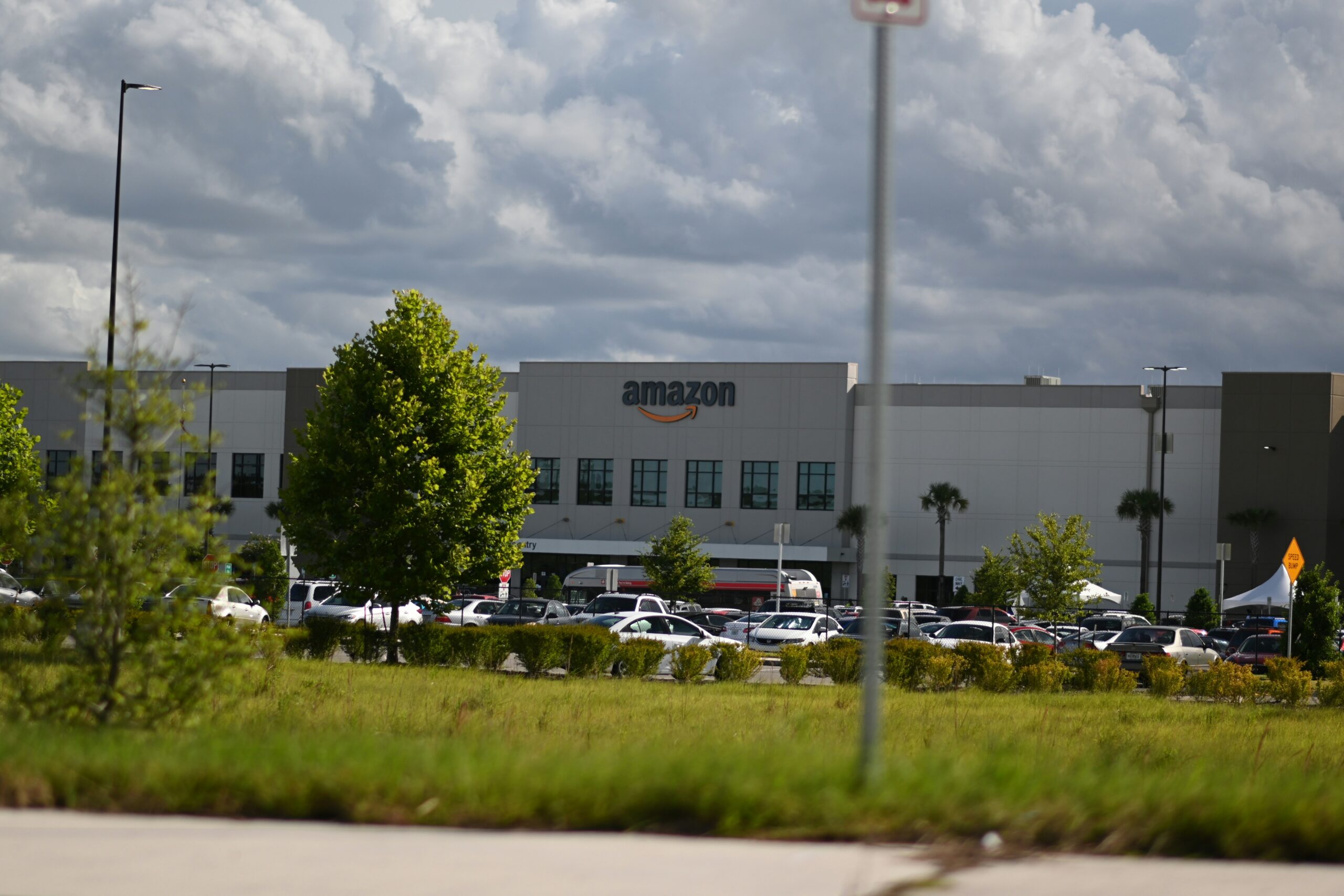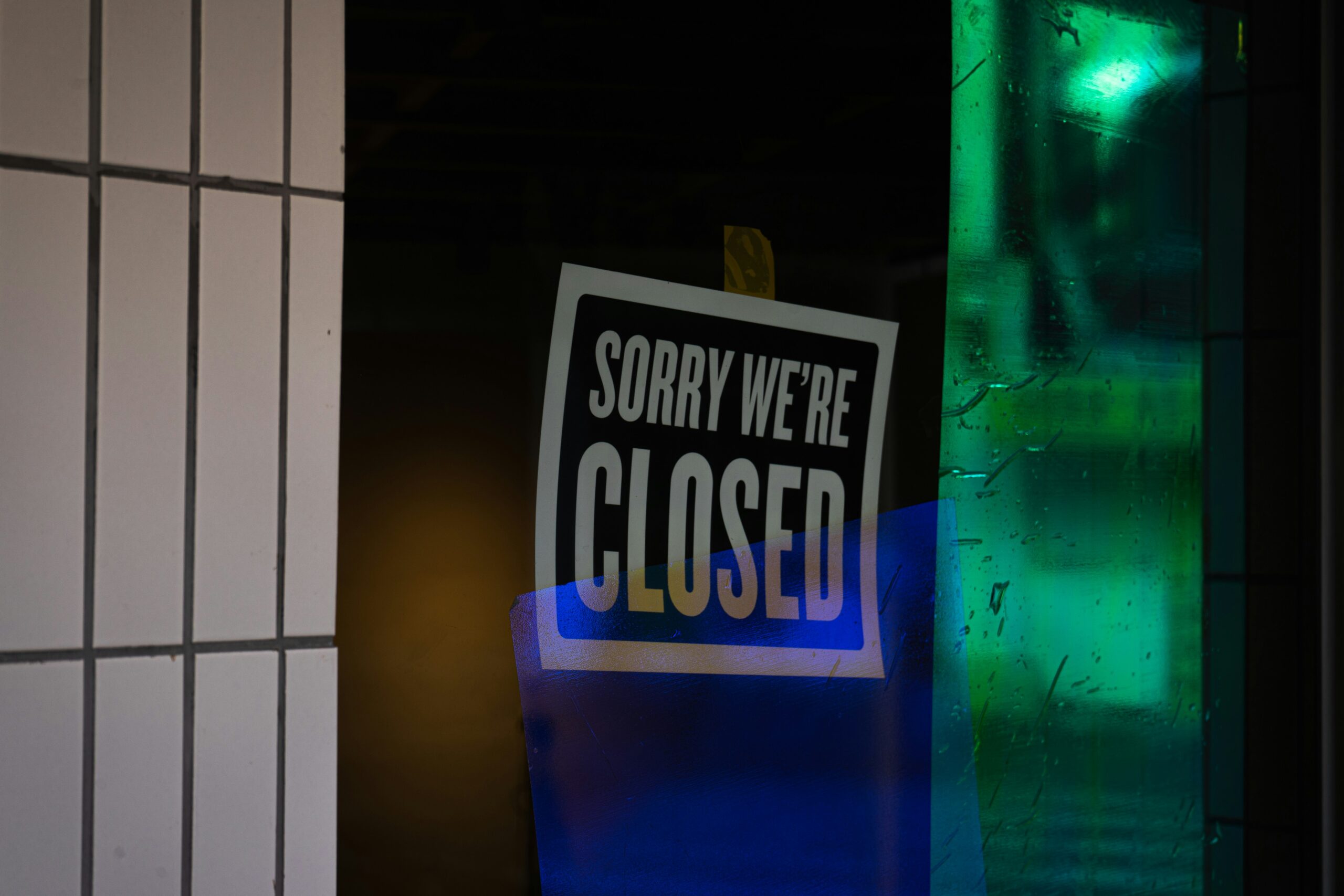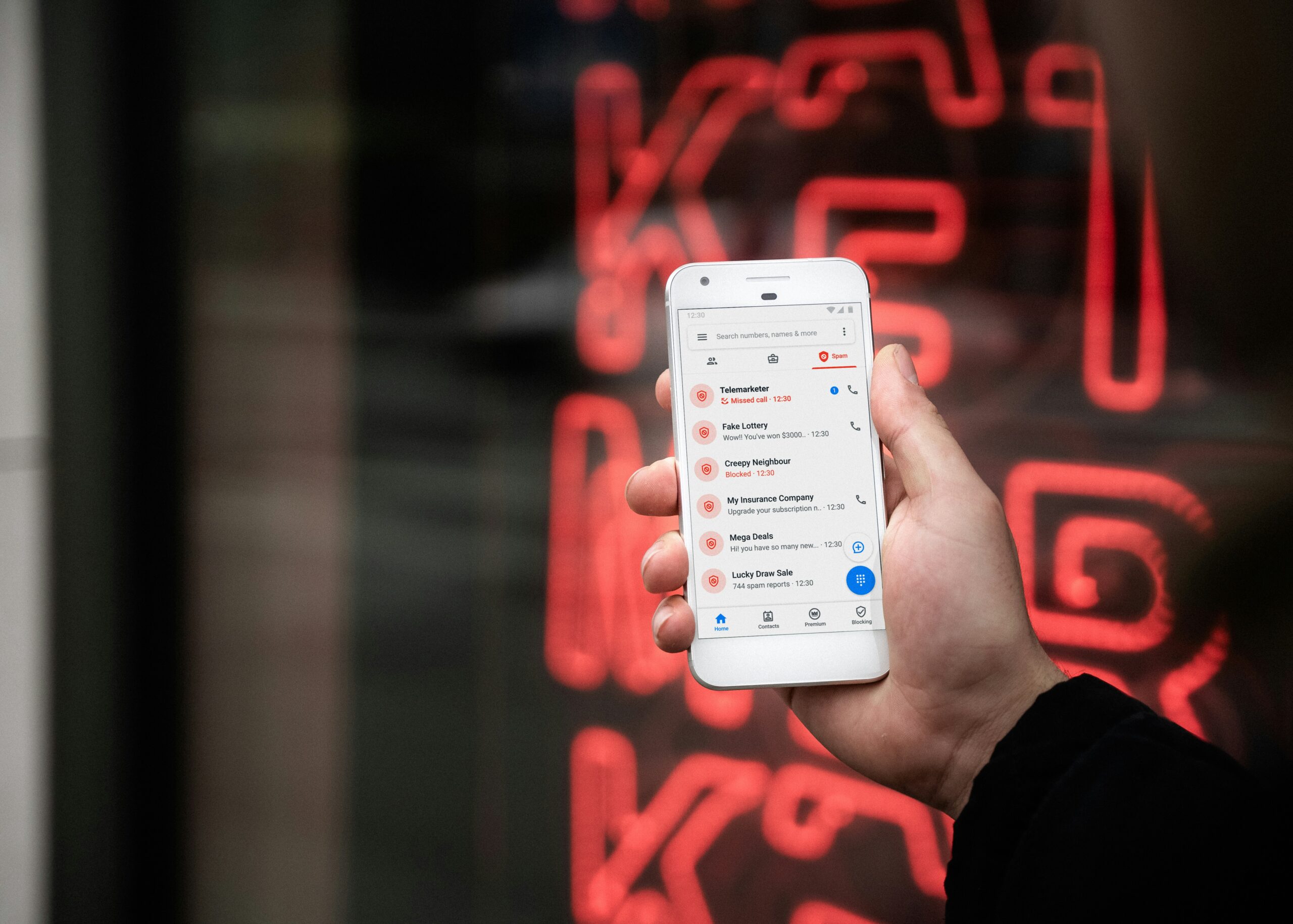Image credit: Unsplash
The COVID-19 pandemic has not only disrupted the global workforce with long hours, lower wages, and an aging population but has also spotlighted a critical but often overlooked issue: mental health in the workplace. As the pandemic exacerbated stress and anxiety, employers and employees alike have had to confront the pressing need for mental health support in professional settings.
Mental health discussions in the workplace have gained momentum over the past five years, with growing recognition of their importance. According to the National Alliance on Mental Illness, 1 in 4 employees report dissatisfaction with workplace culture, and 83% agree that mental health and well-being training is crucial for a positive work environment. This shift in perspective is essential as work remains a significant stressor for many.
“Employees are looking for more at work than just coming in and getting a paycheck,” said Megan Douglas, HR Strategic Partner at Bon Secours Mercy Health. Indeed, the modern workforce seeks comprehensive benefits, particularly in mental health support, reflecting a broader understanding of work-life balance.
The impact of mental health on business productivity is staggering. The American Psychiatric Association says depression can chop productivity by 35%. Tiffany Kuck, Population Health Manager at McGohan Brabender, underscores the need for employers to tackle mental health issues not just for their workers’ well-being but for the business’s health too. “To keep the gears turning, you need your people in the office or online – but you also need them fully there, building that organization,” Kuck noted.
Young professionals, ages 22-28, stepping into the workforce bring new challenges and hopes. The American Psychiatric Association found that 51% of young pros sought help for emotional or mental health issues in the past year, and 38% said their workplace drags down their mental health and well-being. “The fresh faces in the workforce prioritize mental health and well-being, so if employers aren’t stepping up and showing they care, snagging and keeping the younger crowd will be tough,” Kuck explained.
Brushing off mental health in the workplace can blow up costs, especially in healthcare. Employees without mental health support might end up with high blood pressure, high cholesterol, or diabetes, which jacks up healthcare costs. Tackling mental health head-on can dodge these risks and nurture a healthier workforce.
Innovative approaches are emerging to support employee mental health. Common strategies include paid counseling sessions, employee assistance programs, and unlimited paid time off. These programs provide employees with the flexibility to take necessary breaks and access professional guidance, contributing to a more supportive work environment.
Employers who weave these tactics into their fabric make their folks feel seen and cared for. Megan Douglas hits the nail on the head: “Needs really ought to be tackled head-on, not when things go sideways. Companies have mental health goodies sitting there, untouched until a storm hits. By getting ahead of it, they can weave mental health into everyday work life and shout about the resources they’ve got all year round.”
As the job world twists and turns, tackling mental health isn’t just a moral checkmark but a savvy move. Cultivating a mental well-being vibe boosts productivity, slashes costs, and crafts a workforce that’s engaged and tough as nails. Kicking off a healthier work journey starts by spotting and addressing employees’ mental health needs, carving out a more sustainable and nurturing work atmosphere.















































































































































